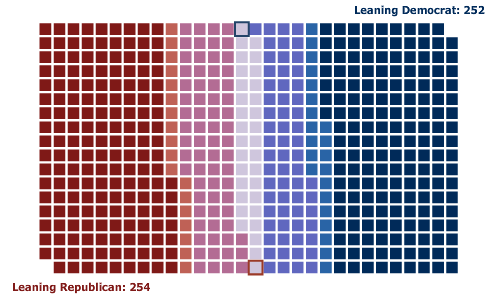
Estate Tax / Death Tax
Both of these are referring to the same thing, but from different angles. If you have assets when you die, they are divided up according to your will, trust, or whatever the intestate defaults in your area are. The Estate Tax is applied to this lump sum of assets and capital, with a bewildering array of special cases and exemptions. Entire law firms revolve around the nuances of these taxes. Then another tax, an inheritance tax, is levied on individual beneficiaries of the estate. This varies by state, and some states just don’t have an inheritance tax at all. The basic case for the estate tax is that it is unearned income on the part of the recipient. Luminaries such as Benjamin Franklin were strongly in favor of taxing the inheritance of wealth as a hedge against the establishment of a leisure class.
The “Estate Tax” name carries with it certain connotations of opulence and draws very little sympathy at the gut level; do you feel sorry for a Rockefeller having to pay almost half of the billions he may receive from daddy to the government? Not really. A number of minimum values and exemptions make this truly an Estate Tax.
The “Death Tax” name carries the opposite connotation, that you’re being punished for having died. You earned your money and should be able to do whatever you damned well please with it. Politicians and interest groups that are firmly against the inheritance tax almost exclusively use this term, evoking images of family farms and small businesses going to ruin as government sycophants tear apart grieving families. No matter that family-owned farms have exemptions; that wouldn’t fit into the narrative.
Back to that Rockefeller example, let’s abstract it down a bit: if you were to die and leave an estate of $10,000,000 that was entirely subject to a 50% tax (it wouldn’t, but let’s keep the numbers round), you’d be leaving your beneficiaries $5,000,000. If this windfall were dumped into a 10-year treasury bond form the United States Treasury, it would yield a 3.89% return and be back up to the original sum in under 18 years, all paid for by the same general tax revenue. It’s like a snake eating its own tail, really.
As for where the money goes, well… That’s another matter entirely. As long as the government has programs that consume funds (such as a military, postal service, legislators, and so forth), it will need to raise revenue from somewhere. Getting the money from people who are doing very well strikes me as the least painful way to do this.
Please call it what it is, an estate tax. The person that had it doesn’t need it any more, and if that person’s heirs need more than a couple million dollar leg up on life to get by, shame on them.





